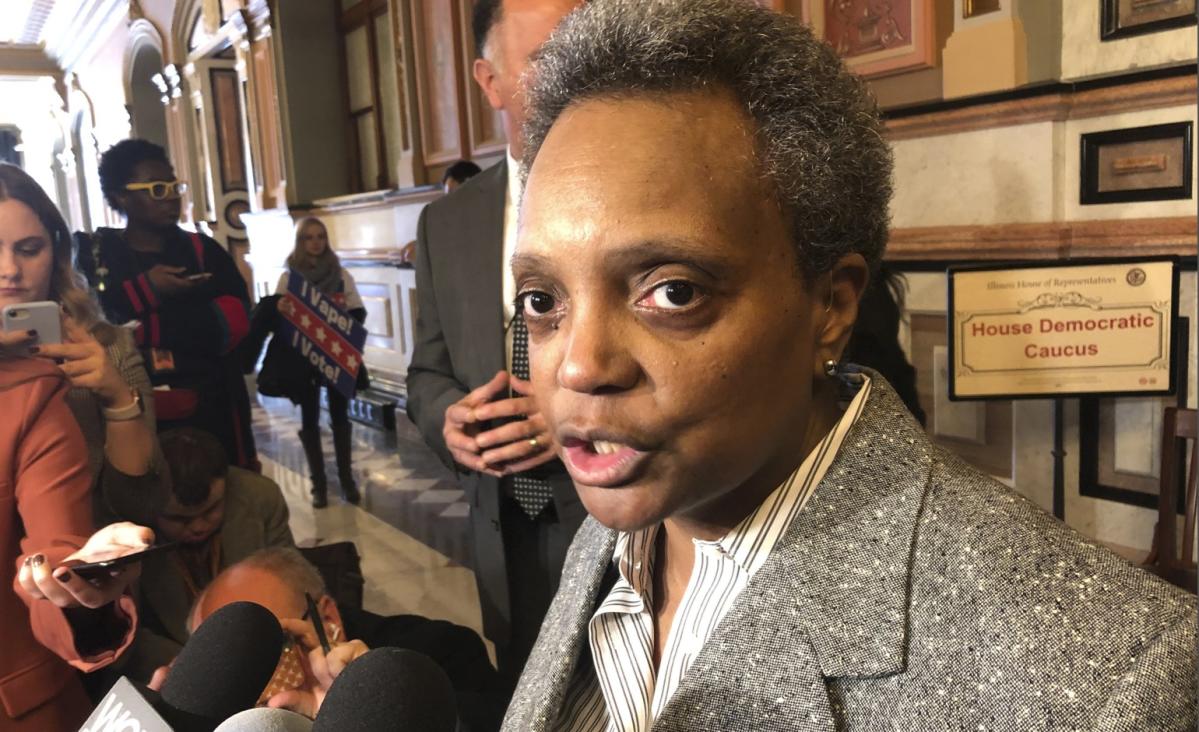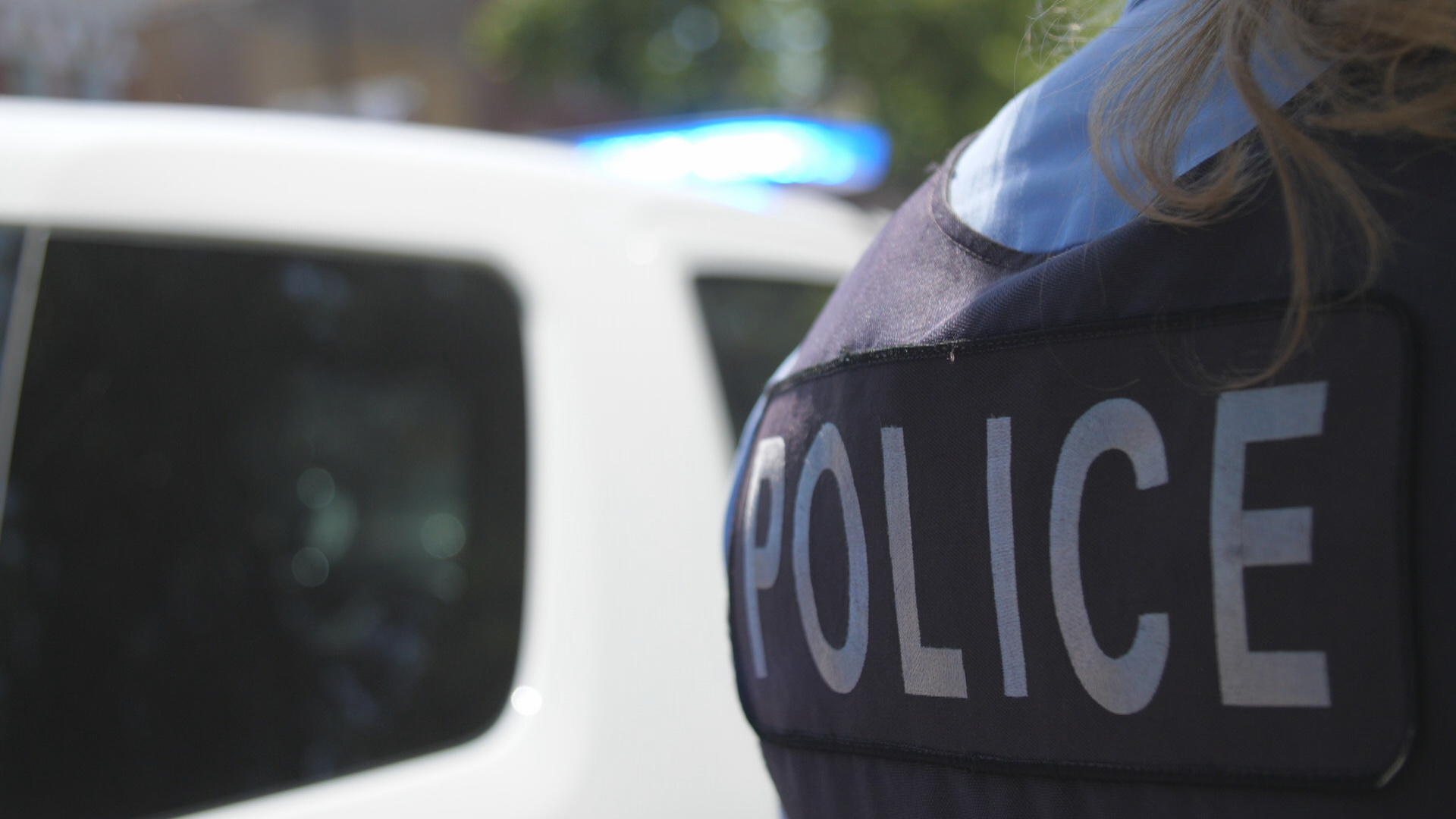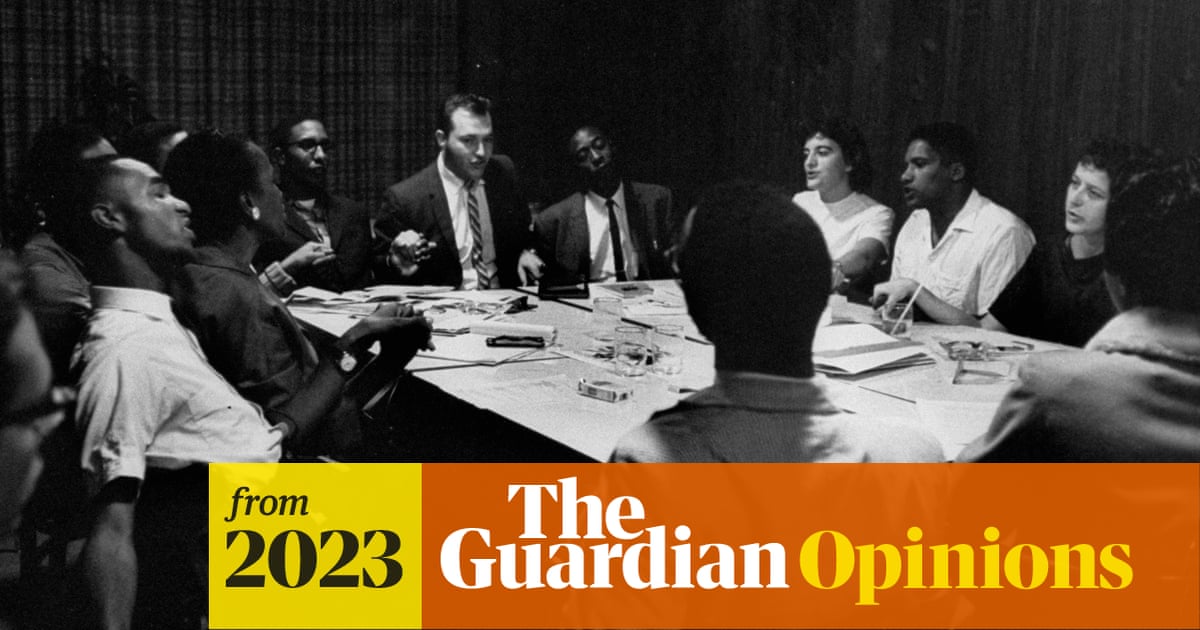During the 2020-2021 school year, over 900 districts nationwide suffered “an intentional campaign to restrict or ‘ban’” anything deemed “critical race theory”, according to
The Conflict Campaign. These districts represent 35% of all students in elementary, middle and high school. While we should organize to eliminate the elitist, profit-driven College Board from their schools, they ought to fight to introduce, protect and proliferate Black studies on campus.
This is not the first time that politicians have tried to ban Black studies curriculum and social movements education from schools and campuses. These bans have historically come on the heels of Black and multiracial uprisings in the streets. Academic deans and faculty committees have marginalized and ousted professors with radical politics. University and high school administrations are often antagonistic to departmentalizing Black study programs. States cut funding for these programs and their professors while increasing funding for and the presence of policing. But fortunately, such repression has catalyzed resistance that birthed Black studies programs in the first place.
For example, students who organized for formal Black studies programs on campuses were directly, or indirectly, involved in or inspired by the Student Nonviolent Coordinating Committee’s (SNCC) political education and organizing efforts in the south. When SNCC rose to national prominence in the 1960s, they offered a direct pipeline for students from across the country to enter the civil rights movements.
New recruits put their training and organizing process to use during the Freedom Summer of 1964, when the organization, along with the Congress of Racial Equality (Core), welcomed thousands of student volunteers to help organize Freedom Schools, political and popular education programs geared toward oppressed Black residents in Mississippi. Freedom School instructors taught math, history, reading and writing. They also worked with students to study race riots, the origins of inequality and the role of Black people in building the future. The curricula posed various insightful questions, including: will the white community, either privately or through the government, effectively resolve its own indecision on racial questions? Should a few people have a lot of money, should everybody have the same, should everybody have what they need? How should we want to treat other countries? Can we have peace if we keep building bigger bombs?
------
The struggle for Black studies was birthed through political education and experimentation. Rather than using African American studies courses as an exclusive class towards preparation for testing, Garrett and his fellow activists organized to raise consciousness among marginalized groups on and off campus, shift university resources to the surrounding Black community and to develop a Black studies program to politicize students to participate in different forms of activism. They helped develop free schools that taught interdisciplinary courses and enlisted instructors to teach.
--------
This history is important because it helps us realize that today’s book banning efforts belong to a broader political backlash to the current Black liberation movement that started with the murder of Trayvon Martin in 2012. The ideas and demands that Black people, and all people, deserve freedom from police violence, deserve quality housing, deserve universal healthcare, deserve a world that has different problems from what Dr King identified as the triple evils of racism, capitalism and militarism. It is no accident that these ideas are found in the very same books that prisons ban, including mine. Prison officials, politicians and rightwing pundits target knowledge found in critical race theory because they know that theory leads to action for people who care about love, liberty and justice. They want to stop people from being inspired to fight for better lives.
But they do not have to win. Just as students, teachers and community members rose up against repression in the past, students, teachers and the rest of us must continue the political organizing to keep education radical, free and accessible to all.
(full article online )
Rightwing pundits target knowledge found in critical race theory because they know it leads to action

www.theguardian.com



